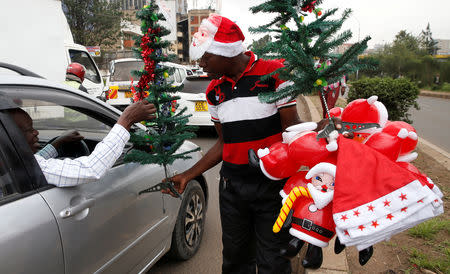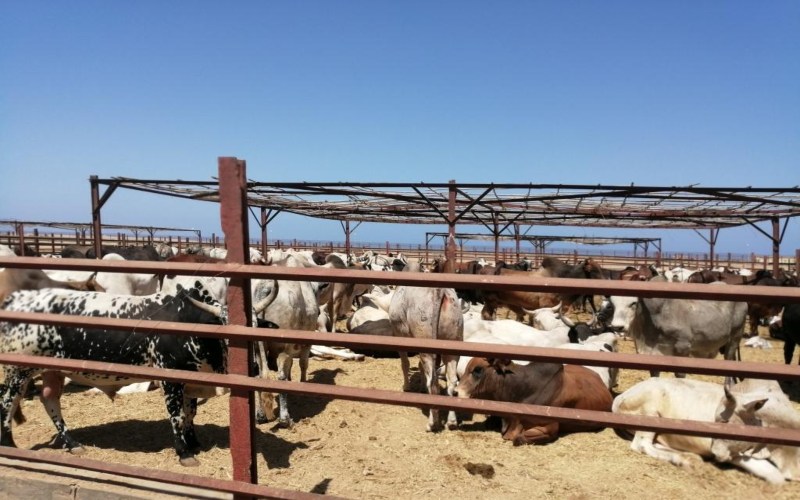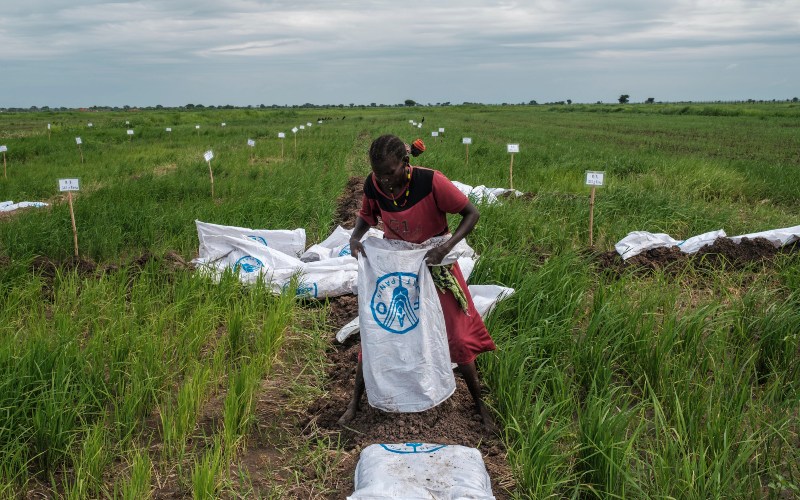Economic strain forces many to forego Christmas traditions - survey

The survey reveals that younger adults, particularly those aged 18 to 26, are the hardest hit by the economic strain, with 89 per cent of this demographic reporting they cannot afford to celebrate.
As Christmas day draws near, the festive spirit in Kenya is dampened this year by an overwhelming sense of financial hardship.
A new survey by Infotrak, conducted across all 47 counties, highlights the profound impact of economic pressures on the country's holiday traditions.
More To Read
- County issues new festive season rules for public events in Mombasa
- Over half of circular economy workers lack protection, ILO report finds
- Tourist numbers surge in Mombasa as direct flights, new commuter rail boost arrivals
- Ruto backs IMF partnership as key to Kenya’s debt, economic reforms
- Tough decisions stabilised the economy, saved Kenya from shame – Ruto
- World Bank upgrades Kenya’s growth outlook to 4.9 per cent, warns of elevated risks
The results reveal that six out of ten Kenyans will forgo the traditional celebrations, citing lack of money as the primary barrier.
"Sixty per cent of Kenyans will not celebrate Christmas this year as they have in the past, citing financial constraints as the primary barrier," the survey noted.
"Rising costs of living are inhibiting the festive spirit, reflecting the deepening economic challenges across households," reads the report released on Tuesday.
The survey reveals that younger adults, particularly those aged 18 to 26, are the hardest hit by the economic strain, with 89 per cent of this demographic reporting they cannot afford to celebrate.
This trend points to a broader issue of youth unemployment and financial insecurity, which has left many young Kenyans feeling disenfranchised as they navigate an increasingly tough economic environment.
"Spending time with family (63 per cent) is the most common celebratory activity for those who could afford it," the report says, indicating that family remains the cornerstone of Kenya's holiday season, even in the face of adversity.
However, other traditional holiday activities, such as church attendance and public celebrations, have seen sharp declines.
Only 28 per cent of respondents plan to attend church services, a significant drop in spiritual engagement during the season.
The survey also highlights the uneven distribution of economic pressures across the country. Nairobi, Kenya's bustling capital, emerges as the hardest-hit region, with 100 per cent of respondents indicating they are facing financial hardship.
Other regions, such as North Eastern Kenya (91 percent) and the Rift Valley (83 percent), report similarly high levels of economic strain.
"Economic pressures are magnified in urban and marginalised regions, revealing persistent regional inequalities," the survey noted, revealing the disparity between wealthier urban centers and less affluent rural areas.
Despite the difficult circumstances, many Kenyans are finding ways to celebrate, albeit in simpler and more low-key ways.
Of those who do plan to mark the occasion, 40 percent intend to focus on spending time with family and close loved ones.
The shift toward simplicity is evident, as many households choose frugal alternatives to traditional festivities.
For instance, 15 percent of respondents plan to stay indoors for quiet, affordable celebrations, while only 11 percent will go on holiday, and just 5 percent will host parties.
The survey also points to a shift in societal attitudes toward the festive season.
Some 10 percent of respondents, particularly younger and urban populations, reported a lack of interest in celebrating Christmas and New Year altogether.
This sentiment appears to be most pronounced among women, with 12 percent of females indicating they are not interested in participating in the holiday celebrations, compared to 8 percent of males.
While the economic pressures are undeniable, the survey's findings also demonstrate the resilience of the Kenyan people.
Despite financial hardships, 63 percent of Kenyans still prioritise spending time with family.
Additionally, some 4 percent of respondents plan to visit the sick or children's homes, reflecting a sense of community and solidarity that remains strong, even amid economic challenges.
"The cost-saving behaviour indicates a shift toward simpler, low-cost celebrations during financial hardships," Infotrak noted, pointing to a growing awareness of the need for more meaningful, budget-friendly ways to celebrate the season.
Top Stories Today













































